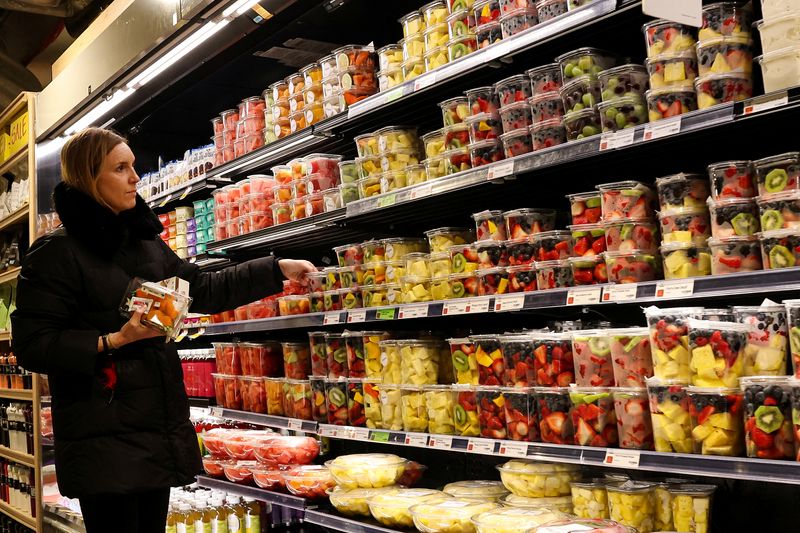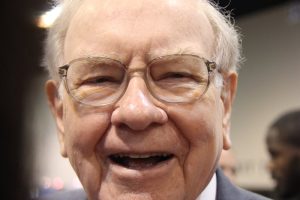
By Howard Schneider
(Reuters) – Federal Reserve officials are taking note of what they see as rising inflation risks and the uncertain impact of President Donald Trump’s trade, immigration and other policies.
On Thursday, several signaled they still feel that cooling U.S. inflation will in time allow the U.S. central bank to deliver further interest rate cuts; one said that current conditions call for holding rates steady, and gave no indication of when, or whether, she felt cuts would be needed.
“Going forward, I consider it is appropriate to hold the federal funds rate in place for some time, given the balance of risks that we face right now,” Federal Reserve Governor Adriana Kugler said on Thursday.
Inflation still has “some way to go” before reaching the Fed’s 2% target, she said, and while the labor market is healthy and the risk of it weakening has diminished, upside risks to inflation remain.
As for Trump’s policies, she said, the net effect will depend on the specifics.
Since taking office on January 20, Trump has delivered a steady stream of actions – or threats of them – to impose tariffs on goods from key U.S. trading partners, including China, Mexico and Canada.
Still unknown, Kugler and her fellow policymakers point out, is how broad and big they will end up being, whether other countries will respond with their own taxes on U.S. exports, and to what degree consumers rather than intermediaries will bear the cost.
And while for now it appears tariffs could potentially push up prices, it is not clear by how much, she said, adding, “we will have to wait.”
Atlanta Fed President Raphael Bostic said his “baseline expectation” is for two quarter-percentage-point rate cuts later this year, but “the uncertainty around that is pretty significant … There’s a lot that could happen that could influence that in both directions.”
Bostic, who is not a voting member of the Fed’s rate-setting committee this year, told reporters in a call he did not think the U.S. economy is facing a new burst of inflation, and noted that a still-low 4% unemployment rate shows the labor market is healthy.
But there is, he said, both enthusiasm and “widespread apprehension” among businesses about how new import taxes, immigration rules, and changes to regulations will affect the outlook.
“In a nutshell, contacts are concerned that tariffs could increase costs,” Bostic said. “Many feel confident that if that happens, then they can pass along higher costs in their prices.”

